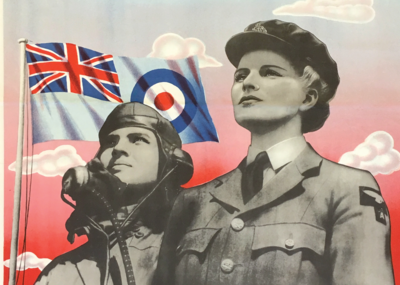Kaddish for a Child Not Born
[…] [S]he departed from there and passed over a blue-green carpet as if over the sea, leaving behind her the cut-open body of a dolphin, and she walked victoriously yet shyly toward me, and I thought immediately and spontaneously to myself: “What a beautiful Jewess!”—and I still do it, even nowadays, when, very infrequently and almost invariably on…
Please login or register for free access to Posen Library
Already have an account?



